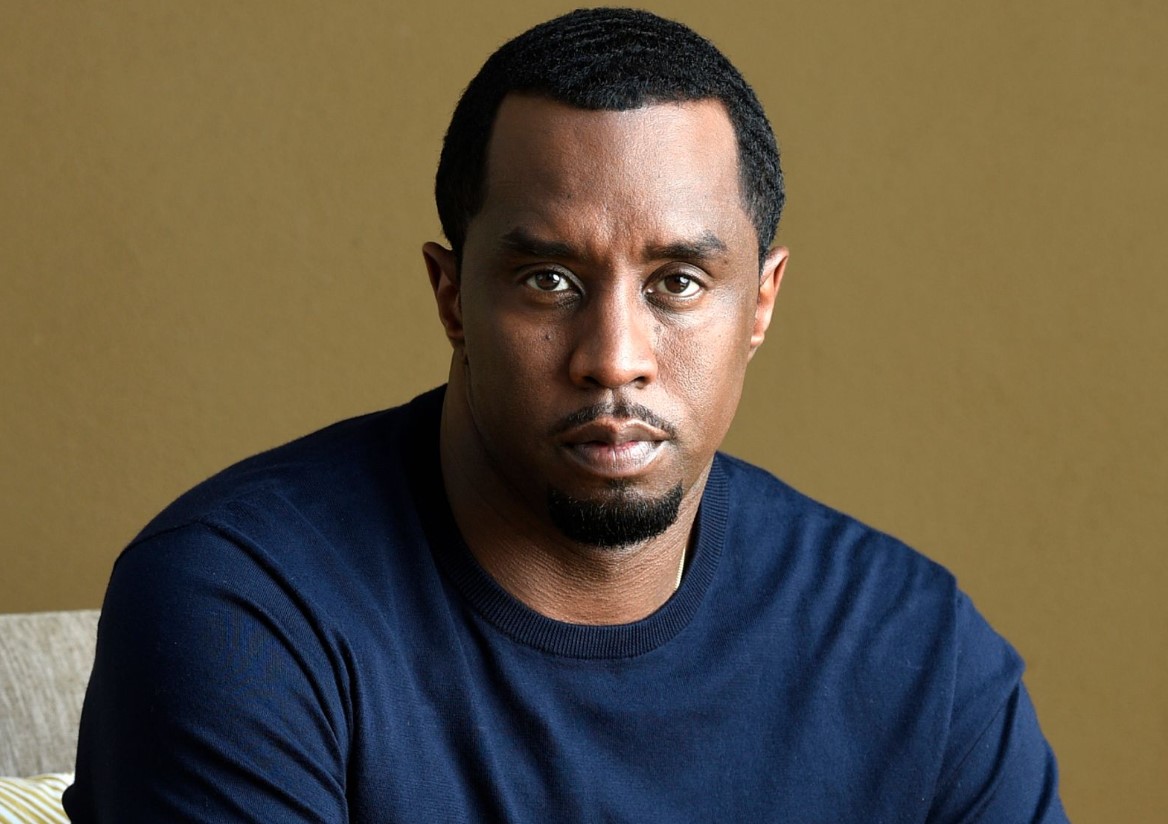Sean “Diddy” Combs has lost his last bid to challenge his conviction, setting the stage for a high-stakes sentencing later this week that could send the former hip-hop mogul to prison for more than a decade.
Judge Rejects Motion for Acquittal
On Tuesday, September 30, U.S. District Judge Arun Subramanian rejected Combs’s request for acquittal or a new trial. The 55-year-old music executive and entrepreneur had argued that his conviction on prostitution-related charges should be overturned, but the judge found no merit in the defense.
Court records revealed the ruling was decisive. “The government proved its case many times over,” Subramanian wrote, noting the evidence presented during the trial was overwhelming. The decision eliminates Combs’s last chance to undo the guilty verdict before his sentencing date.

Conviction and Charges
Combs was found guilty by a Manhattan jury on July 2 following an eight-week trial. The jury convicted him on two counts of transportation to engage in prostitution, charges that carry significant federal penalties.
Prosecutors detailed how Combs used his influence and resources to orchestrate illicit activities, drawing on witness testimony and electronic evidence. Jurors were persuaded that Combs not only engaged in unlawful conduct but also exercised power to facilitate it.
Prosecutors have urged Judge Subramanian to impose a sentence of at least 11 years and three months, citing the severity of the crimes and the lasting harm inflicted on victims.
Testimony From Cassie Ventura
One of the most emotional moments in the lead-up to sentencing has been the statement from Cassie Ventura, Combs’s former girlfriend. Ventura has been outspoken about the damage caused during her relationship with Combs, describing years of abuse and manipulation.
She urged the court to weigh not just the legal elements but the broader impact of Combs’s actions. “The lives that Sean Combs has upended with his abuse and control” should not be overlooked, her letter to the court stated.
Her testimony has amplified public attention, putting survivors’ voices at the center of the case.
Defense Arguments on Prison Conditions
While prosecutors are pushing for a lengthy prison term, Combs’s legal team has argued that his time in custody at the Metropolitan Detention Center (MDC) should be considered in sentencing.
They highlighted what they described as “inhumane conditions of confinement,” including violence inside the facility. In their filing, the defense maintained that these hardships warranted leniency, arguing that the Sentencing Guidelines do not adequately account for such factors.
Despite those claims, the rejection of Combs’s motion signals that the judge is unlikely to be swayed by arguments that minimize his culpability.
What Happens Next
Combs’s sentencing is set for Friday, October 3. The hearing will determine how long he spends behind bars, with prosecutors seeking more than 11 years. The defense is expected to push for a reduced sentence, citing prison conditions, his prior contributions to the music industry, and his lack of previous convictions.
The sentencing is likely to mark a dramatic fall from grace for one of the most prominent figures in hip-hop history. Once celebrated as a mogul who built a multimillion-dollar empire spanning music, fashion, and media, Combs is now confronting the reality of federal prison time.
The case highlights a striking turn in the narrative of a celebrity whose influence shaped generations of music fans, but whose legal downfall underscores accountability even for the powerful.
The outcome will not only decide Combs’s future but may also set a precedent for how courts handle high-profile cases involving abuse of power.
As the music world waits for the judge’s decision, the focus remains squarely on whether Sean Combs will face the maximum prison term prosecutors have demanded or whether the court will grant him any measure of leniency.



















